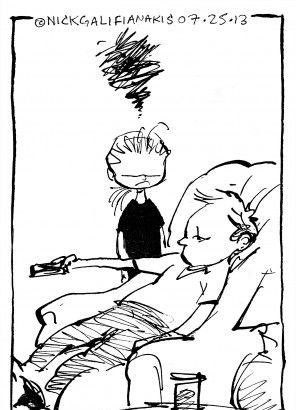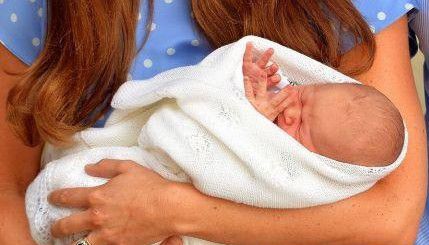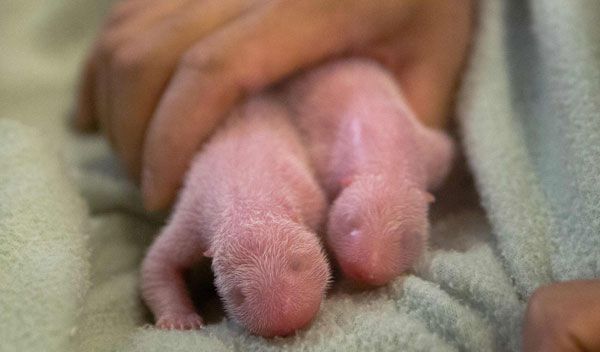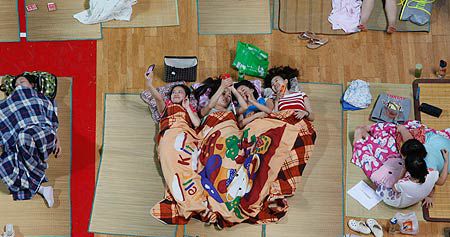孩子早恋了,家长该怎么办?
|
24EN Editor's Note:And while parents' dating advice may seem about as welcomed by teens as the swine flu, the research suggests the opposite--that young people not only value parental input, but tend to have healthier relationships when they receive parental advice.
Long dismissed by researchers as trivial and fleeting, teen romance is emerging as a powerful factor in kids' development--one in which parents have a major role to play, new studies show. The romantic ties kids form between middle school and college are important markers of progress toward adulthood; their choice of partners as early as middle school actually shapes their development to a surprising degree. The studies serve as bedrock for parents in an era of dizzying changes in youthful romance. Many adults see little that is familiar in today's teen dating relationships, which may seem to live and die entirely on Facebook, or through texting, sexting or--to parents' dismay--casual "hookups", or brief sexual liaisons. "It is an area where parents aren't quite sure what to do," says Stephanie Madsen, an associate professor of psychology at McDaniel College, Westminster, Md. Now, emerging research "can offer some solid information on what is helpful, and what's not." Young people whose parents make themselves available to talk with them or give advice about dating tend to have warmer, closer, more positive romantic relationships, with less fighting and tension, reveals a study by Dr. Madsen and others of 225 young adults ages 22 to 29. If parents don't offer help, however, and keep out of offsprings' love lives altogether, that is linked in their offspring to poorer-quality relationships, including less affection and support and more conflict. Young people like it best when parents take a consulting or coaching role, listening--and offering advice only when asked, Dr. Madsen says. Even when parents think a relationship is unhealthy, it is best to avoid handing down judgments or giving orders; young people may regard that as encroaching on their independence. Rather than saying, "you have to break up with this person," try reflecting on "what you're seeing that seems unhealthy, or that worries you," Dr. Madsen says. Starting healthy new dating relationships also serves as a signal of kids' overall readiness to launch from the parental nest. Young people whose romantic relationships are nurturing and close also tend to have reached more milestones of adult development, including a stronger sense of personal identity and an ability to care for other family members, says a study of 710 people ages 18 to 26 led by Carolyn M. Barry, an associate professor of psychology at Loyola University Maryland. Finally, in a finding termed "striking" by researchers, romantic relationships as early as middle school seem to have a formative influence on teens' social and emotional health. In a study of 78 middle-school students published last year in Child Development, researchers rated teens and their boyfriends or girlfriends on depressive symptoms, and on peer reports of popularity, aggression, fighting and victimization via bullying or teasing; 11 months later, they rated the teens and their partners again. Teens who had more problems at the first rating, but who picked healthier boyfriends or girlfriends, became mentally and socially healthier themselves by the second rating. However, low-functioning teens who picked partners who also had a lot of problems tended to stay stuck. The findings, says the study by Valerie Simon, an assistant professor of clinical psychology at Wayne State University, Detroit, and others, suggest 'romantic partners are unique and significant' influences in kids' lives. |









